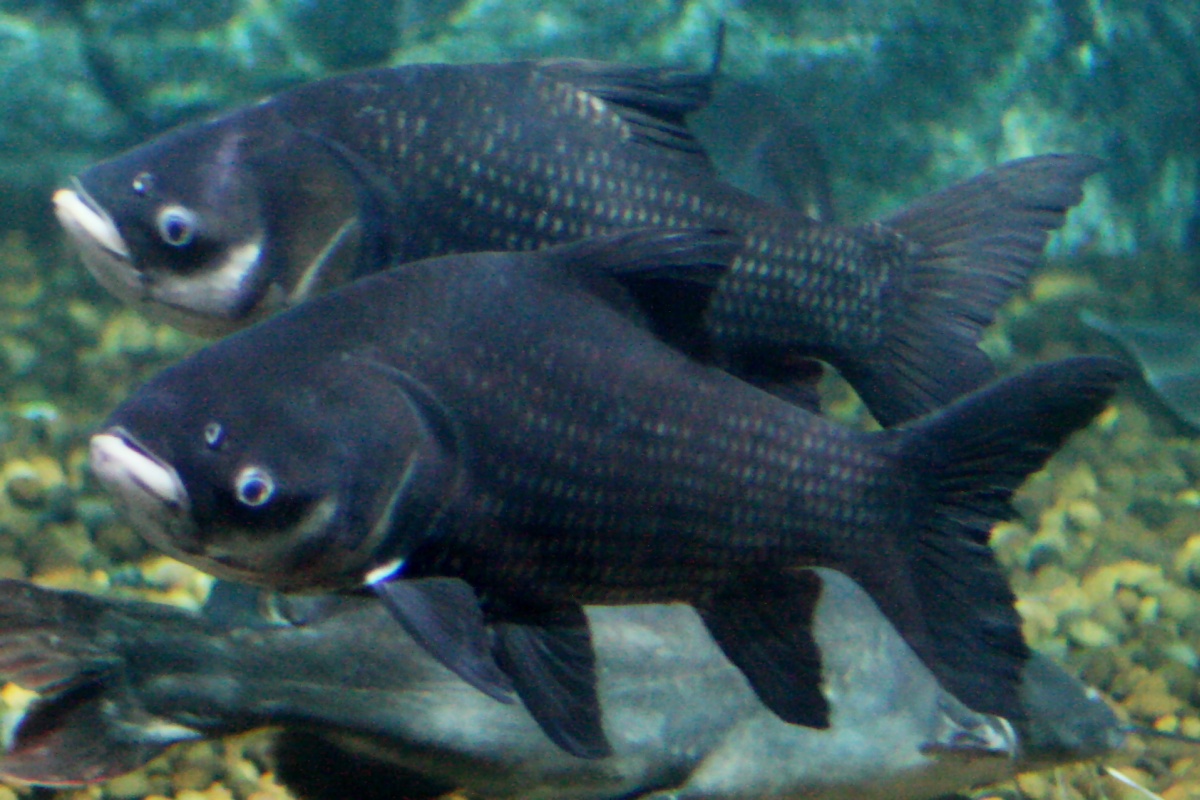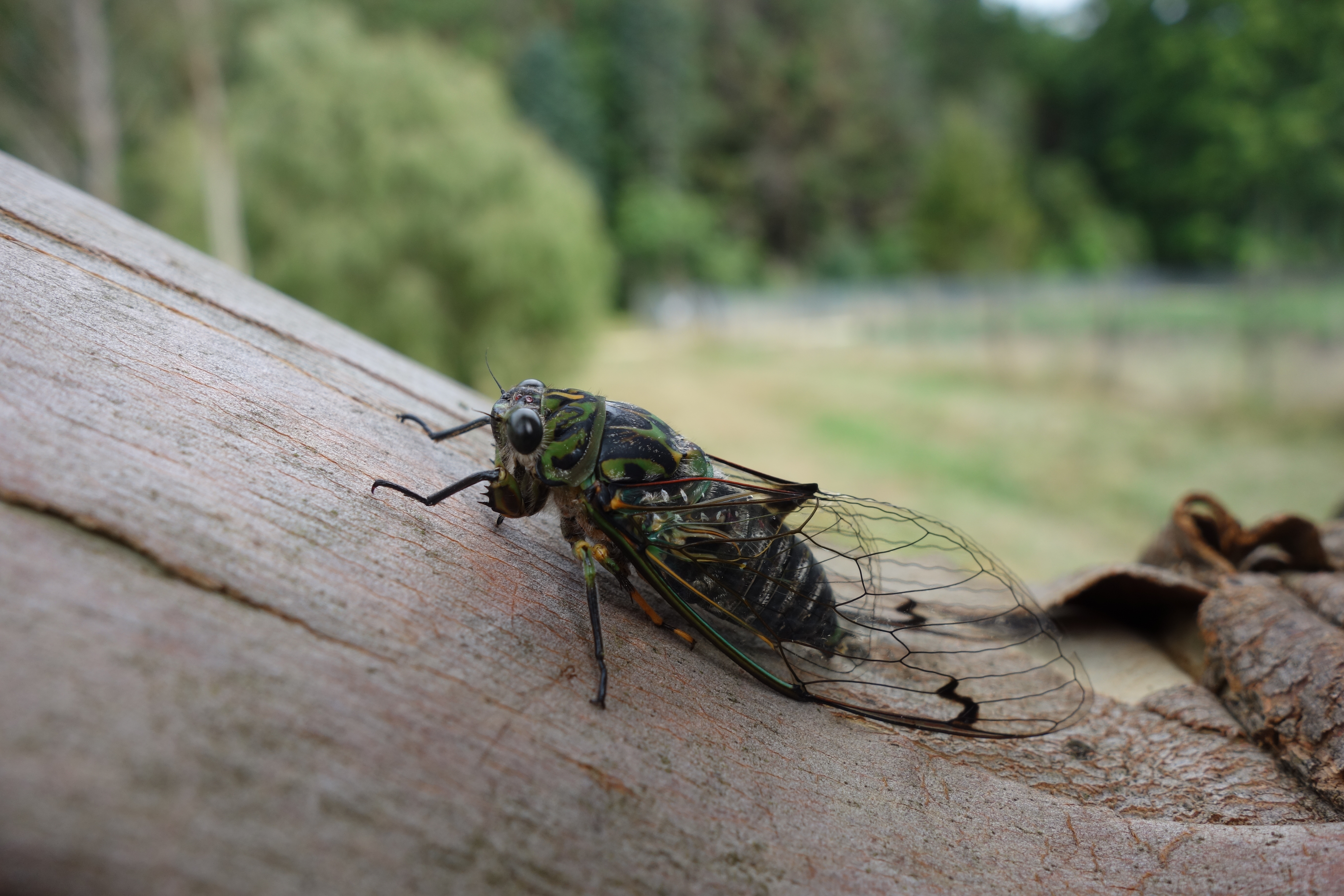|
Eğirdir Barb
''Capoeta pestai'', called the Eğirdir longsnout scraper or the Eğirdir barb, is a critically endangered freshwater fish species in the family Cyprinidae, found only in Turkey. It used to be common across Lake Eğirdir in central Anatolia, but survives only in one of the inflowing rivers. It was forced out of Lake Eğirdir Eğirdir (, formerly ''Eğridir'') is a lake in the Lakes Region of Turkey. The town of Eğirdir lies near its southern end, north of Antalya. With an area of it is the fourth largest lake in Turkey, and the second largest freshwater lake. ... by a combination of overfishing, irrigation, destruction of its habitat, and the induction of predatory alien fish species. References * * Pestai Endemic fauna of Turkey Fish described in 1933 Taxonomy articles created by Polbot Taxa named by Viktor Pietschmann {{Cyprininae-stub ... [...More Info...] [...Related Items...] OR: [Wikipedia] [Google] [Baidu] |
Viktor Pietschmann
Viktor Pietschmann (27 October 1881 – 11 November 1956) was an Austrian ichthyologist at the Vienna Museum of Natural History. He was the curator of the fish collection from 1919 to 1946 and made collecting trips to the Barents Sea, Greenland, Mesopotamia, Armenia, Hawaii, Romania, and Poland. Pietschmann described many new fish, including several species of shark, and had more than 50 publications over his career. He served in the Austrian army in World War I, during which he was stationed in the Ottoman Empire. While there, Pietschmann witnessed the Armenian genocide and took many photographs of the deportees. He joined the National Socialist German Workers' Party (NSDAP) in 1932 and remained a member until the end of World War II. His zoological author abbreviation is Pietschmann. Early life Viktor Pietschmann was born in Vienna, Austria to parents Karl Pietschmann and Ida in 1881. He graduated in 1899 from the Piaristengymnasium in Vienna and furthered his studies at th ... [...More Info...] [...Related Items...] OR: [Wikipedia] [Google] [Baidu] |
Cyprinidae
Cyprinidae is a family of freshwater fish commonly called the carp or minnow family, including the carps, the true minnows, and their relatives the barbs and barbels, among others. Cyprinidae is the largest and most diverse fish family, and the largest vertebrate animal family overall, with about 1,780 species divided into 166 valid genera. Cyprinids range from about in size to the giant barb (''Catlocarpio siamensis''). By genus and species count, the family makes up more than two-thirds of the ostariophysian order Cypriniformes. The family name is derived from the Greek word ( 'carp'). Biology and ecology Cyprinids are stomachless, or ''agastric'', fish with toothless jaws. Even so, food can be effectively chewed by the gill rakers of the specialized last gill bow. These pharyngeal teeth allow the fish to make chewing motions against a chewing plate formed by a bony process of the skull. The pharyngeal teeth are unique to each species and are used to identify spec ... [...More Info...] [...Related Items...] OR: [Wikipedia] [Google] [Baidu] |
Turkey
Turkey, officially the Republic of Türkiye, is a country mainly located in Anatolia in West Asia, with a relatively small part called East Thrace in Southeast Europe. It borders the Black Sea to the north; Georgia (country), Georgia, Armenia, Azerbaijan, and Iran to the east; Iraq, Syria, and the Mediterranean Sea to the south; and the Aegean Sea, Greece, and Bulgaria to the west. Turkey is home to over 85 million people; most are ethnic Turkish people, Turks, while ethnic Kurds in Turkey, Kurds are the Minorities in Turkey, largest ethnic minority. Officially Secularism in Turkey, a secular state, Turkey has Islam in Turkey, a Muslim-majority population. Ankara is Turkey's capital and second-largest city. Istanbul is its largest city and economic center. Other major cities include İzmir, Bursa, and Antalya. First inhabited by modern humans during the Late Paleolithic, present-day Turkey was home to List of ancient peoples of Anatolia, various ancient peoples. The Hattians ... [...More Info...] [...Related Items...] OR: [Wikipedia] [Google] [Baidu] |
Lake Eğirdir
Eğirdir (, formerly ''Eğridir'') is a lake in the Lakes Region of Turkey. The town of Eğirdir lies near its southern end, north of Antalya. With an area of it is the fourth largest lake in Turkey, and the second largest freshwater lake. Name The town and the lake were formerly called ''Eğridir'', a Turkish pronunciation of the town's old Greek name ''Akrotiri''. ''Eğridir'' means "it is crooked" in Turkish, so to remove the negative connotations, in the mid-1980s the "i" and the "r" were transposed in a new official name, thus creating ''Eğirdir'', a name that evokes spinning and flowers, although many people in Turkey still call both the town and the lake by its former name. History Lake Eğirdir must have existed in ancient times, since coins from the nearby city of Parlaos have been found with ships on them, but no clear references to the lake have been found in ancient texts, and its ancient name is unknown. A number of ancient settlements have been located aro ... [...More Info...] [...Related Items...] OR: [Wikipedia] [Google] [Baidu] |
Capoeta
''Capoeta'', also known as scrapers, is a genus of fish in the family Cyprinidae found in Western Asia. The distribution extends from Turkey to the Levant, to Transcaucasia, Iraq, Turkmenistan, in Armenia, particularly in lake Sevan and northern Afghanistan. This genus is most closely related to '' Luciobarbus'' and in itself is divided into three morphologically, biogeographically and genetically distinct groups or clades: the Mesopotamian clade, the Anatolian-Iranian clade and the Aralo-Caspian clade. The Mesopotamian clade was split off to '' Paracapoeta'' in 2022. Species These are the currently recognized species in this genus: * '' Capoeta aculeata'' (Valenciennes Valenciennes (, also , , ; ; or ; ) is a communes of France, commune in the Nord (French department), Nord Departments of France, department, Hauts-de-France, France. It lies on the Scheldt () river. Although the city and region experienced ..., 1844) * '' Capoeta alborzensis'' Jouladeh-Roudbar, Eagd ... [...More Info...] [...Related Items...] OR: [Wikipedia] [Google] [Baidu] |
Endemic Fauna Of Turkey
Endemism is the state of a species being found only in a single defined geographic location, such as an island, state, nation, country or other defined zone; organisms that are indigenous to a place are not endemic to it if they are also found elsewhere. For example, the Cape sugarbird is found exclusively in southwestern South Africa and is therefore said to be ''endemic'' to that particular part of the world. An endemic species can also be referred to as an ''endemism'' or, in scientific literature, as an ''endemite''. Similarly, many species found in the Western ghats of India are examples of endemism. Endemism is an important concept in conservation biology for measuring biodiversity in a particular place and evaluating the risk of extinction for species. Endemism is also of interest in evolutionary biology, because it provides clues about how changes in the environment cause species to undergo range shifts (potentially expanding their range into a larger area or becomin ... [...More Info...] [...Related Items...] OR: [Wikipedia] [Google] [Baidu] |
Fish Described In 1933
A fish (: fish or fishes) is an aquatic, anamniotic, gill-bearing vertebrate animal with swimming fins and a hard skull, but lacking limbs with digits. Fish can be grouped into the more basal jawless fish and the more common jawed fish, the latter including all living cartilaginous and bony fish, as well as the extinct placoderms and acanthodians. In a break to the long tradition of grouping all fish into a single class (Pisces), modern phylogenetics views fish as a paraphyletic group. Most fish are cold-blooded, their body temperature varying with the surrounding water, though some large active swimmers like white shark and tuna can hold a higher core temperature. Many fish can communicate acoustically with each other, such as during courtship displays. The study of fish is known as ichthyology. The earliest fish appeared during the Cambrian as small filter feeders; they continued to evolve through the Paleozoic, diversifying into many forms. The earliest fish wi ... [...More Info...] [...Related Items...] OR: [Wikipedia] [Google] [Baidu] |
Taxonomy Articles Created By Polbot
280px, Generalized scheme of taxonomy Taxonomy is a practice and science concerned with classification or categorization. Typically, there are two parts to it: the development of an underlying scheme of classes (a taxonomy) and the allocation of things to the classes (classification). Originally, taxonomy referred only to the classification of organisms on the basis of shared characteristics. Today it also has a more general sense. It may refer to the classification of things or concepts, as well as to the principles underlying such work. Thus a taxonomy can be used to organize species, documents, videos or anything else. A taxonomy organizes taxonomic units known as "taxa" (singular "taxon"). Many are hierarchies. One function of a taxonomy is to help users more easily find what they are searching for. This may be effected in ways that include a library classification system and a search engine taxonomy. Etymology The word was coined in 1813 by the Swiss botanist A ... [...More Info...] [...Related Items...] OR: [Wikipedia] [Google] [Baidu] |



